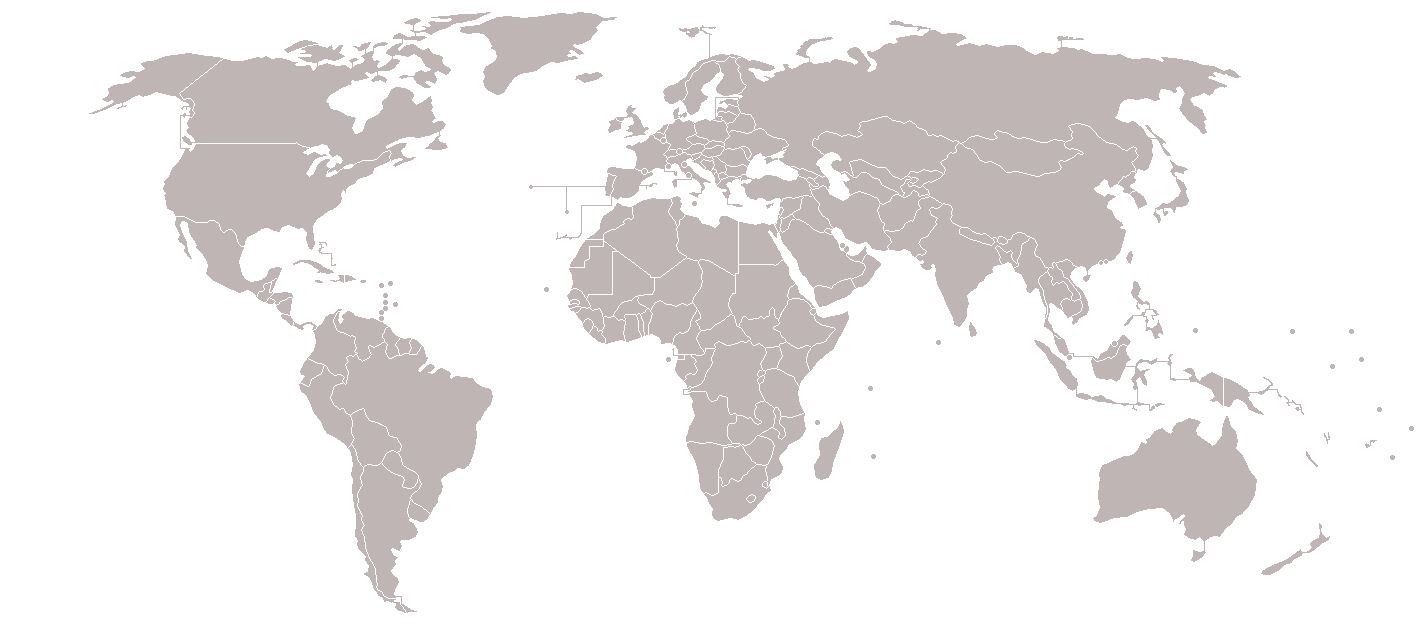
As a business owner, the ambition to set up multiple branches worldwide represents not just your success but also a strategic move towards expansive growth and diversification. If your business is evolving beyond your local boundaries, you may be ready to embrace the challenges and opportunities of the international market.
However, the venture of opening and managing multiple branches comes with many complexities. Below we have delved into the key considerations the businesses must account for as they plan to expand globally. By addressing these aspects, you can better prepare yourself for the unique demands of operating in multiple countries, turning the challenges of global expansion into opportunities for innovation and success.
Understanding Market Dynamics
Before venturing into new territories, it’s crucial to conduct thorough market research. This involves gaining a deep understanding of the local economy, cultural nuances and consumer behaviour, all of which might influence business operations.
Engaging in focus groups and pilot studies can provide invaluable insights, and help you customise your business model, products or services to better align with the local market. Additionally, understanding competitive strategies within different markets can offer a blueprint for differentiation and help carve out a niche for your business. This can be the difference between success and failure when operating in multiple locations.
Legal and Regulatory Compliance
Each country has its own set of laws and regulations concerning businesses, including tax laws, employment regulations and industry-specific guidelines. Navigating these is often more nuanced than it first appears and it’s imperative to ensure you are doing so carefully, possibly with the help of local legal experts, to ensure compliance and avoid costly penalties.
However, it’s not only about compliance. It’s also about understanding how these laws and regulations can impact your business strategy and operations. Keeping up-to-date with ongoing changes in legal landscapes is equally critical, as regulatory environments can evolve rapidly, especially in emerging markets.
Financial Management
Expanding globally requires significant financial resources. This includes the costs of setting up physical locations, operational expenses and potential market-entry expenses. Careful financial planning and exploring funding options are vital to get you started.
Financial management in the context of global expansion also involves currency risk management and understanding the economic conditions of each country. Efficient allocation of resources across different regions and managing the financial risks associated with currency exchange rates are key components of this process. Additionally, opening international bank accounts and establishing strong relationships with global financial institutions can offer advantages in financial services tailored for worldwide operations.
Building a Global Team
Human resources are a critical component of any expansion. Hiring local branch managers and support staff can bring invaluable insights into the local market and culture. It’s also important to ensure that your company culture adapts across different regions, promoting a cohesive identity.
Creating a global team also means fostering an environment where diverse perspectives across multiple branches are valued and leveraged for better decision-making. It’s about blending local expertise with the overarching vision of the company. Providing training and development opportunities that focus on cross-cultural communication and international business practices can significantly enhance the effectiveness of a global team.

Supply Chain and Logistics
Setting up branches worldwide often involves intricate supply chain and logistics planning. This includes managing inventory, ensuring timely delivery of products and navigating international shipping regulations. A streamlined and efficient supply chain is key to maintaining profitability and customer satisfaction in multiple locations.
An effective supply chain strategy also involves risk assessment and management, particularly in dealing with potential disruptions. Developing contingency plans and building relationships with suppliers in different regions can provide alternatives, reducing reliance on a single source and mitigating risks associated with supply chain disruptions.
Technological Infrastructure
Technology plays a pivotal role in managing international operations. Investing in robust IT infrastructure that ensures seamless communication and data flow between headquarters and all other global branches is essential. This also includes robust cybersecurity measures to protect sensitive data across borders.
In addition to facilitating communication and data flow, technology can be leveraged to gain insights into market trends and consumer behaviours through data analytics. Investing in cutting-edge technologies like AI and machine learning can provide a competitive advantage in understanding and anticipating global market needs.
Marketing and Branding
Your marketing strategy should be adaptable to each branch you open worldwide. While maintaining a consistent brand identity is crucial, you also need to tailor marketing campaigns to resonate with local audiences. This includes things like understanding cultural sensitivities and leveraging local media channels.
Localised marketing strategies should also consider the digital landscape of each region, as online consumer behaviour can vary greatly. Adapting to regional social media platforms, utilising local influencers and engaging in community-driven marketing initiatives can significantly enhance brand visibility and acceptance in new locations.
Catering to Diverse Customer Expectations
A critical aspect of setting up multiple branches worldwide is understanding and meeting diverse customer expectations in different markets. Consumer preferences and expectations can vary significantly from one region to another due to cultural, economic and social differences.
It’s important to invest in market research to comprehend local expectations. This involves not only adapting products or services to suit local tastes but also understanding customer service expectations, payment preferences and purchasing habits. For instance, customer service protocols that work well in one country might be perceived differently in another. By aligning your business practices with local customer expectations, you can enhance customer satisfaction and ultimately, foster brand loyalty across diverse global markets.
Risk Management
Expanding worldwide carries inherent risks, including political instability, economic fluctuations and cultural misunderstandings. Developing a comprehensive risk management strategy, which includes scenario planning and crisis management, is crucial for navigating uncertainties.
Effective risk management also involves understanding the social and environmental impacts of your business operations in new markets. Engaging in ethical business practices and demonstrating corporate social responsibility can mitigate risks related to reputation in new markets when setting up multiple branches worldwide.

Building Partnerships and Networks
Establishing local partnerships can provide valuable insights and resources. This includes alliances with local businesses, trade associations and governmental bodies. Networking can open doors to new opportunities and ease the challenges of entering a new market.
In addition to helping navigate local bureaucracies and regulatory bodies, facilitating smoother market entry, building partnerships can also support future growth. Collaborations with local entities can lead to joint ventures and co-branding opportunities, which can be beneficial in establishing a strong market presence in new locations.
Continuous Learning and Adaptation
Of course, the process of setting up multiple branches worldwide is a continuous learning journey. Staying open to new ideas, adapting to evolving circumstances and being willing to change your approach based on feedback and experiences is crucial for long-term success.
A willingness to continuously evolve and adapt is essential in today’s fast-paced global business environment, and you need a dynamic and resilient business model. Gathering and analysing customer feedback, market data and internal performance metrics consistently can inform decision making. It enables you to make strategic adjustments to operations and drives innovation across international operations.
Choosing to Set Up Multiple Branches Across the Globe
Setting up multiple branches worldwide is a challenging but rewarding endeavour. It requires a well-thought-out strategy and the flexibility to continuously adapt to changing markets. With these considerations in mind, you can navigate the complexities of global expansion and thrive in the international marketplace.
If you require some assistance with a global expansion, openAeuropeancompany.com is here to help. We have been supporting individuals and businesses of all sizes since 2003, and have a wealth of experience ensuring formations are hassle-free. You can find out more about the specialist services we offer on our website and we can provide you with the tailored package you need. Call us today on +44 (0)208 421 7470 to arrange a free initial consultation.








